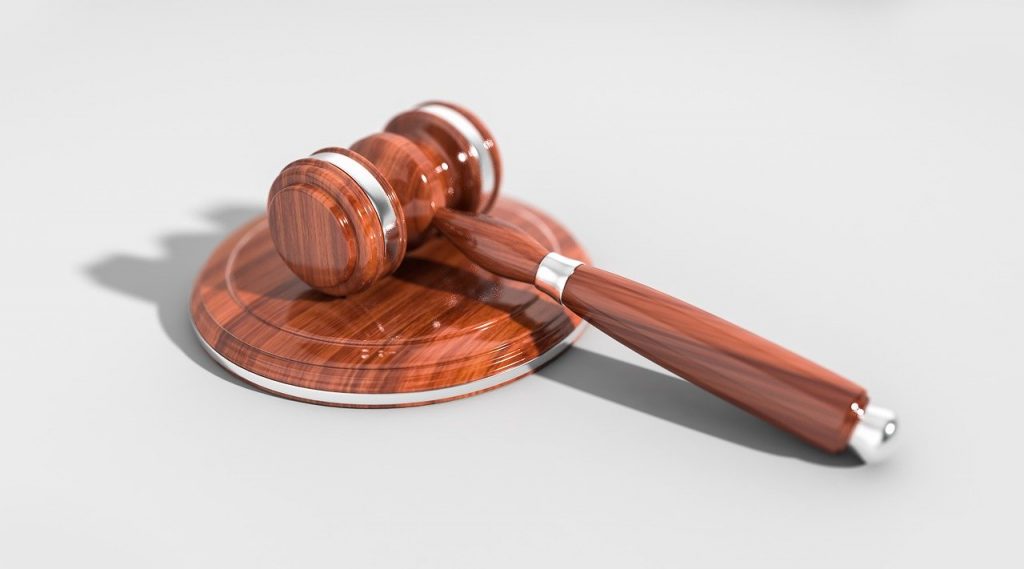So you’ve inherited a house and now you don’t know what to do with it. There are three different options open to most people – they can either sell it, rent it out and become ‘accidental landlords’, or move into it themselves. Depending on the location and the potential tax issues, this last point just might not be suitable, and most people opt for either renting it or selling it. But which is the better option? Which one is going to help you the most?
The truth is, there isn’t a right or wrong in this situation. There is no definitive path to take. The choice you make is going to be entirely dependent on your own situation, your finances, your needs, your thoughts. But to help you to get to a point where you can make an informed decision, Looksy Inventories has listed out a few of the pros and cons of both selling and renting – this might help you if you’ve come to an impasse.
Renting It Out: Pros
If your house is empty and you put it on the market, it can – not always, granted, but sometimes – become something of a magnet for burglars and squatters. If someone is living in the property, this is much less of a problem, and it is therefore kept more secure.

If you have tenants in the property then you will be making money (let’s assume there is no mortgage left and you’ve not had to take it over for now – that’s a different kettle of fish and something that can cause a lot of problems, so it’s best to get advice from a mortgage expert if that is your situation). The rent you get each month can go towards the upkeep of the property, but it can also be seen as extra income for you. Bonus time. Plus, if the property is empty between tenants you won’t still have a mortgage to cover so as long as you treat your rental income as additional to and not instead of your day job, you won’t have to worry about it.
Even if you choose to rent the property out to begin with, if you don’t like the experience of being a landlord you can still sell later on, once the tenancy agreement is up, for example. If you’ve sold, that’s it – no second chances.
Renting It Out: Cons
If the property you have inherited is a place you know and perhaps even love, maybe somewhere you have happy memories of childhood, you might be reluctant to let someone else move in. If you’re going to be constantly worried that your tenant isn’t taking care of the property in the way you’d like, it’s just going to cause more stress than anything else.
It’s true, if you have inherited a house you’ll be getting a monthly rental income for the property, but there will be outgoings too. Insurance, regular maintenance, a letting agent if you go down the fully managed route, repairs (sometimes urgent ones), and so on all need to be factored into the cost. How much money are you really going to make? Is it going to be worth it?

If you decide to become a landlord, even if it’s not something you ever considered before, there are in excess of 150 pieces of legislation to abide by. Happy reading!
Selling It: Pros
Of course, the biggest ‘pro’ when it comes to selling the property is that you’ll get a good few thousand – probable a few hundreds of thousand – in your pocket after all the fees have been paid. The property will be someone else’s to enjoy, and you’ll have an inheritance you can really put to good use.
Again, if you have inherited a house and the property is something sentimental to you, you will be able to remember it just as it was, without having to change anything for a tenant, or have a tenant make changes themselves. Even if you give them permission to do it, the property still won’t be how it was anymore, and this can be upsetting.
Selling It: Cons
- It can take an exceptionally long time to sell a property, in some cases over a year. And even when the property is sold, completion can come a long time after exchange, adding even more months to something that has taken an age already. If you’re relying on the money from the property to do something for yourself, you may have to put those plans on hold. If you’re renting the property out, you’ve got money coming in straight away, albeit a smaller amount than you would get in one shot when selling.

- Although you might tell yourself it’s just a house and that you shouldn’t get attached to it, this is what human beings do – we do attach ourselves to places and things, so selling the family home can be utterly heartbreaking, and it often comes with a lot of guilt, even if that guilt doesn’t actually make any sense at all.
As you can see, there is absolutely no right or wrong here when you have inherited a house. It’s the situation that suits you, and the one you feel happiest with. If you do choose to rent out your property, don’t forget that an inventory should be carried out by experts before anyone moves in, to keep both you and the tenant covered.